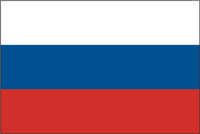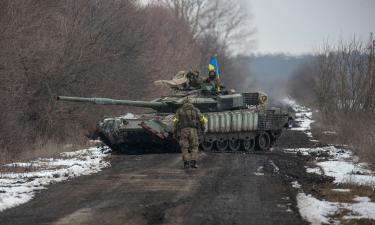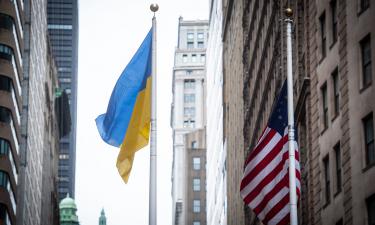Russia can help to rebuild Belarus dialogue, Council of Europe official says

Van der Linden spoke on the sidelines of the assembly's biannual meeting in the Estonian capital, Tallinn, which brought together about 40 speakers and presidents of parliaments from the 46-member states of the Council of Europe.
While Russia and the organization's other members remain divided on a common Belarus policy, van der Linden said "there are no differences ... when it comes to looking for ways in opening dialogue" with the ex-Soviet state.
Belarus faces greater international isolation after its authoritarian leader President Alexander Lukashenko was re-elected to a third term in March polls condemned as fraudulent by the opposition and Western nations.
The former Soviet nation has been slapped with European Union and U.S. sanctions. Lukashenko and other key government figures also face the seizure of their assets and a travel ban.
Earlier this month, Russia - Belarus' traditional ally - took the reins of Council of Europe, the continent's leading human rights watchdo, the AP reports.
The council is the first major pan-European organization Russia has chaired, and Moscow is expected to use its six-month presidency to try to tame the criticism it gets from the body it joined 10 years ago.
The affiliated European Court of Human Rights has sharply criticized Moscow for rights violations in Chechnya, abuses by its police forces and infringements of media, social, religious and minority freedoms.
Van der Linden stressed the chairmanship of the body comes with "a responsibility" but said he was confident Russia was up to the challenge.
Subscribe to Pravda.Ru Telegram channel, Facebook, RSS!





